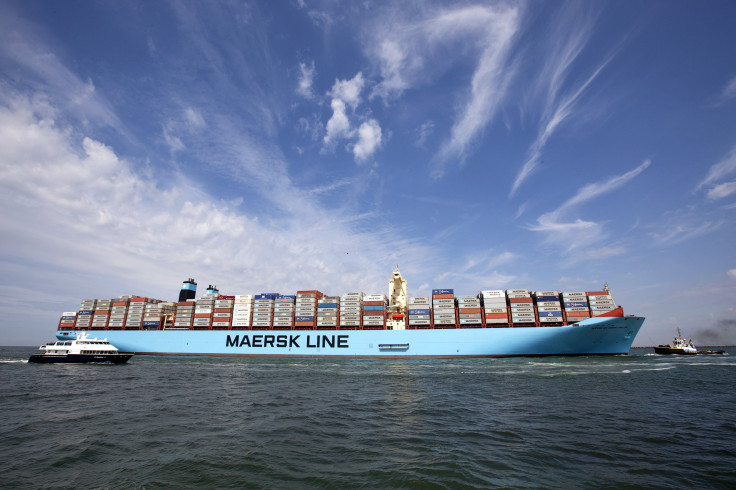Maersk (MAERSK-B), Predicting End To Euro Zone Crisis In Two Years, Strikes Cost-Saving Deals In Meantime

A.P. Moeller-Maersk A/S (CPH:MAERSK-B) has predicted that the world economy will emerge from the woes of the euro zone crisis within two years but plans an unusual cost-cutting measure in the meantime.
The world’s biggest container shipper stuck a deal with France’s CMA CGM and Switzerland’s MSC Mediterranean Shipping Company SA – its two main European rivals -- to cut costs by reducing the number of their ships on major routes between Europe and Asia to 250 from 300, CEO Soren Skou told the Wall Street Journal.
The planned P3 cargo-sharing alliance will offset the $3.7 billion Maersk spent to buy 20 of the world’s biggest container ships. Dubbed the Triple-Es, each of the massive vessels can carry 18,000 containers. And Maersk said the ships consume 35 percent less fuel on average than other ships in its fleet.
“It’s pretty clear that when we look back to the early part of 2011 when these ships were ordered, ours and everybody else’s view on growth was somewhat different than what it turned out to be and therefore the market will not be quite as big in 2015 as we thought it to be,” Skou said.
For now, Maersk hopes the cargo-sharing agreement will reduce annual costs by 8 percent.
The company also floated an uplifting prediction: Global containers will grow by 4-6 percent in the next two years, up from forecasts of 2-3 percent for this year.
“We believe we’ve reached the bottom of the cycle,” Jakob Stausholm, Maersk’s chief financial officer, told investors and analysts in Copenhagen on Thursday.
The global shipping industry crumbled after the financial crisis, dropping by nearly 16 percent at the start of 2009.
© Copyright IBTimes 2024. All rights reserved.












